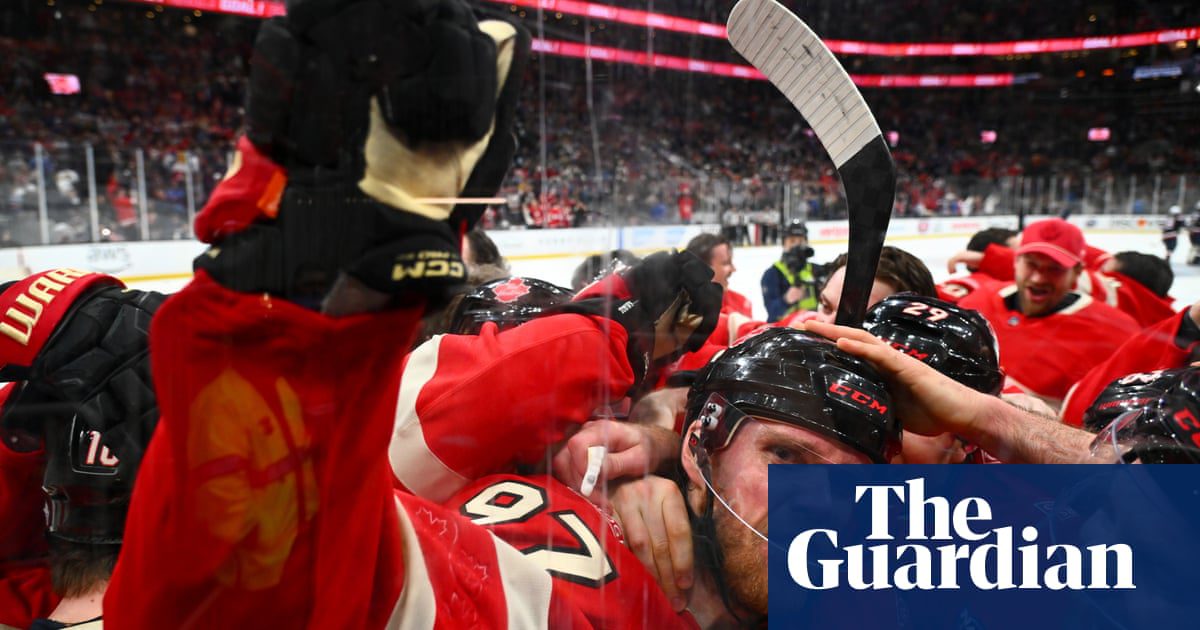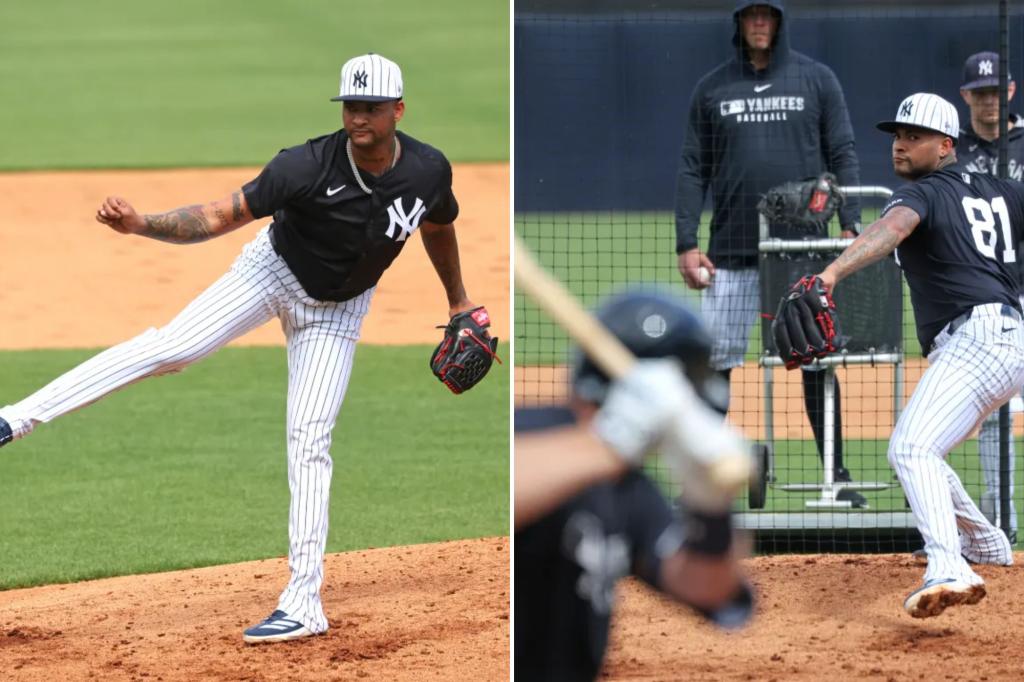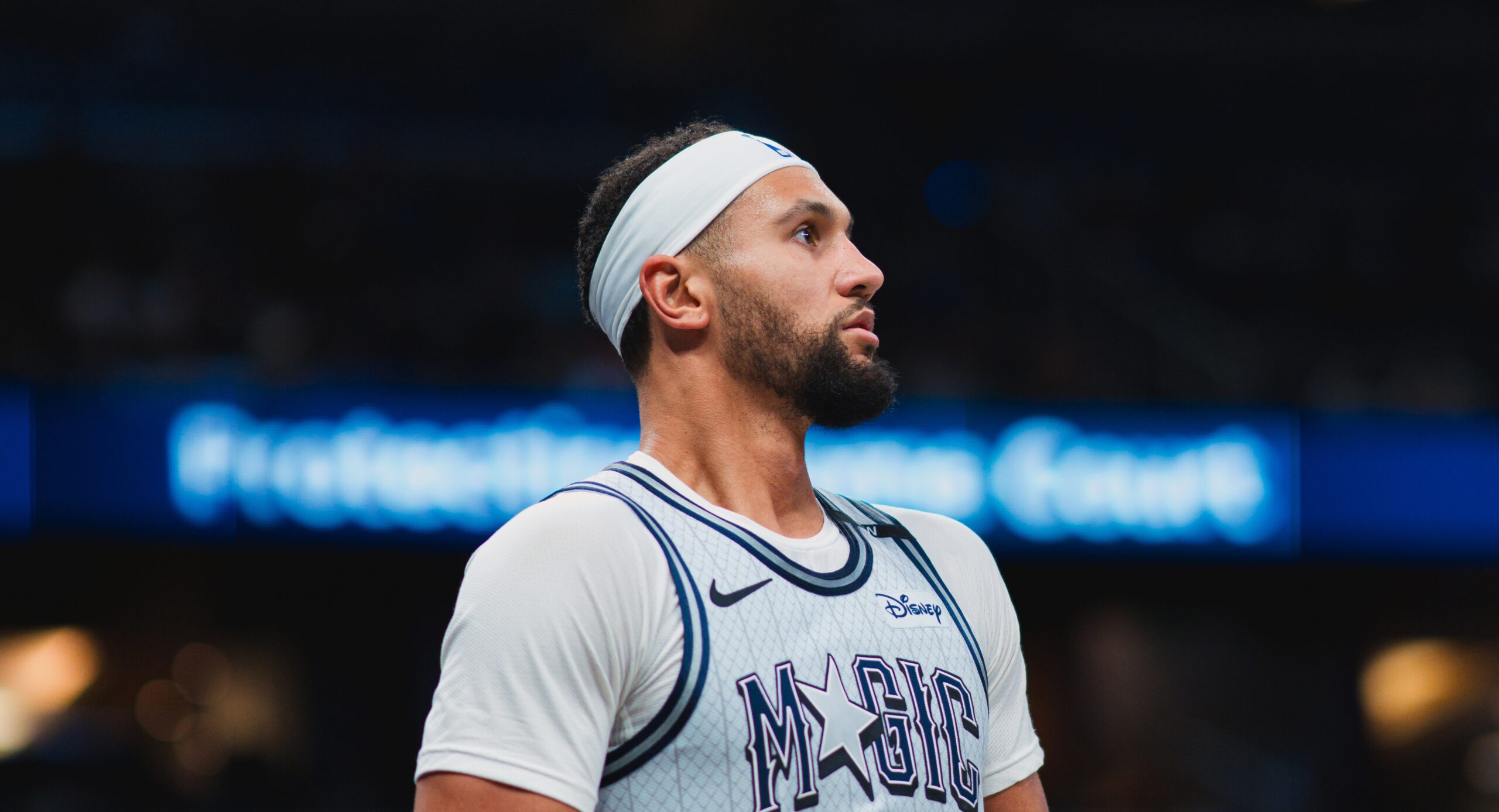

In a recent segment on ESPN’s popular sports talk show, “Get Up,” former NHL star PK Subban gained widespread attention for sharing his insights on the cultural distinctions between the NHL and the NBA. Instead of diving into the usual statistics—like revenue, viewership, and salaries—Subban emphasized the significance of passion in hockey. “You can step onto an NBA court and go through the motions,” he stated. “But in hockey, that’s simply not possible. The essence of our sport requires playing with heart. You must be prepared to fight and give everything you’ve got on the ice. That’s what fans are truly investing in.”
This passionate investment became evident during the recent 4 Nations Face-Off tournament, which concluded Thursday night in Boston. The final match showcased a riveting showdown between Canada and the United States, marking a rematch of their intense earlier round-robin encounter, which was highlighted by three fights in the first nine seconds. The championship game also delivered excitement, with Canada narrowly securing a 3-2 victory in overtime after Connor McDavid, perhaps the world’s top player, found himself open for a decisive goal.
PK Subban’s appearance on ESPN was largely prompted by the shockingly high energy of the first Canada-US match, which caught many American viewers off guard. His comments about the NBA were intentional, drawing a contrast to the apparent lack of enthusiasm displayed by NBA players during their All-Star game festivities, particularly in light of the fierce competition seen in the mid-season hockey showcase. Interestingly, the atmosphere around the hockey events stirred heightened emotions, partly fueled by geopolitical tensions, including the potential trade tariffs announced by Donald Trump—an unpredictable influence that transcended typical sports marketing.
Earlier in the week, USA Hockey’s general manager Bill Guerin expressed his eagerness for President Trump to attend the final. Although Trump ultimately opted out of attending, he made headlines with a post on Truth Social, where he promised to call the US hockey team and encouraged them toward victory by suggesting that Canada could eventually become America’s “Fifty-First State” due to its “far lower taxes and much stronger security.”
While the added tension contributed to an exhilarating game for hockey enthusiasts, it also presented an opportunity for Trump to publicize his views. Historically, Canada-US hockey matches have been thrilling affairs filled with rich competitive history, from the iconic 1996 World Cup to the dramatic 2002 Olympic gold medal face-off.
The intense nature of these games stems from a rivalry that goes beyond sports, rooted in deeper historical dynamics often overlooked. The Canada-US matchup highlights an imbalanced relationship where Canada has persistently defended itself against its more powerful neighbor. For Canadians, hockey stands as a symbol of national pride and cultural identity. As Team Canada forward Brandon Hagel observed, “We’re out there playing for the flag, not for the cameras. That represents a vital part of Canada.”
Moreover, hockey serves as a powerful tool of Canadian soft power. The competitive spirit Subban referred to—a quality that seems less prominent in other North American sports—can indeed be traced back to that unique Canadian spirit. Although Canadian players participate in various leagues like the NBA and MLB, the essence of hockey reflects perseverance and the willingness to confront adversity. While Trump may attempt to intertwine hockey with his political narrative, the sport’s true identity will always resonate with a distinctly Canadian essence.









